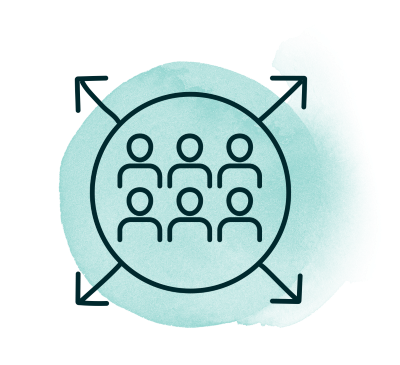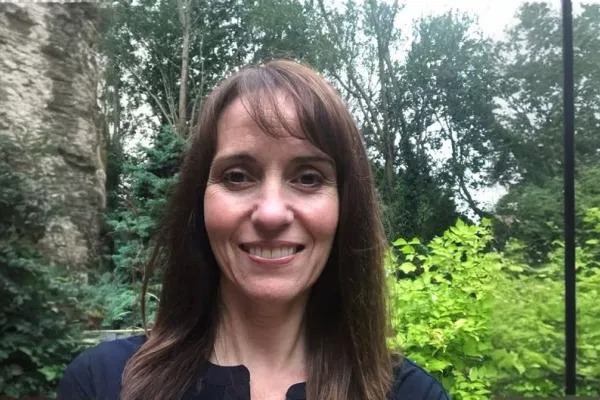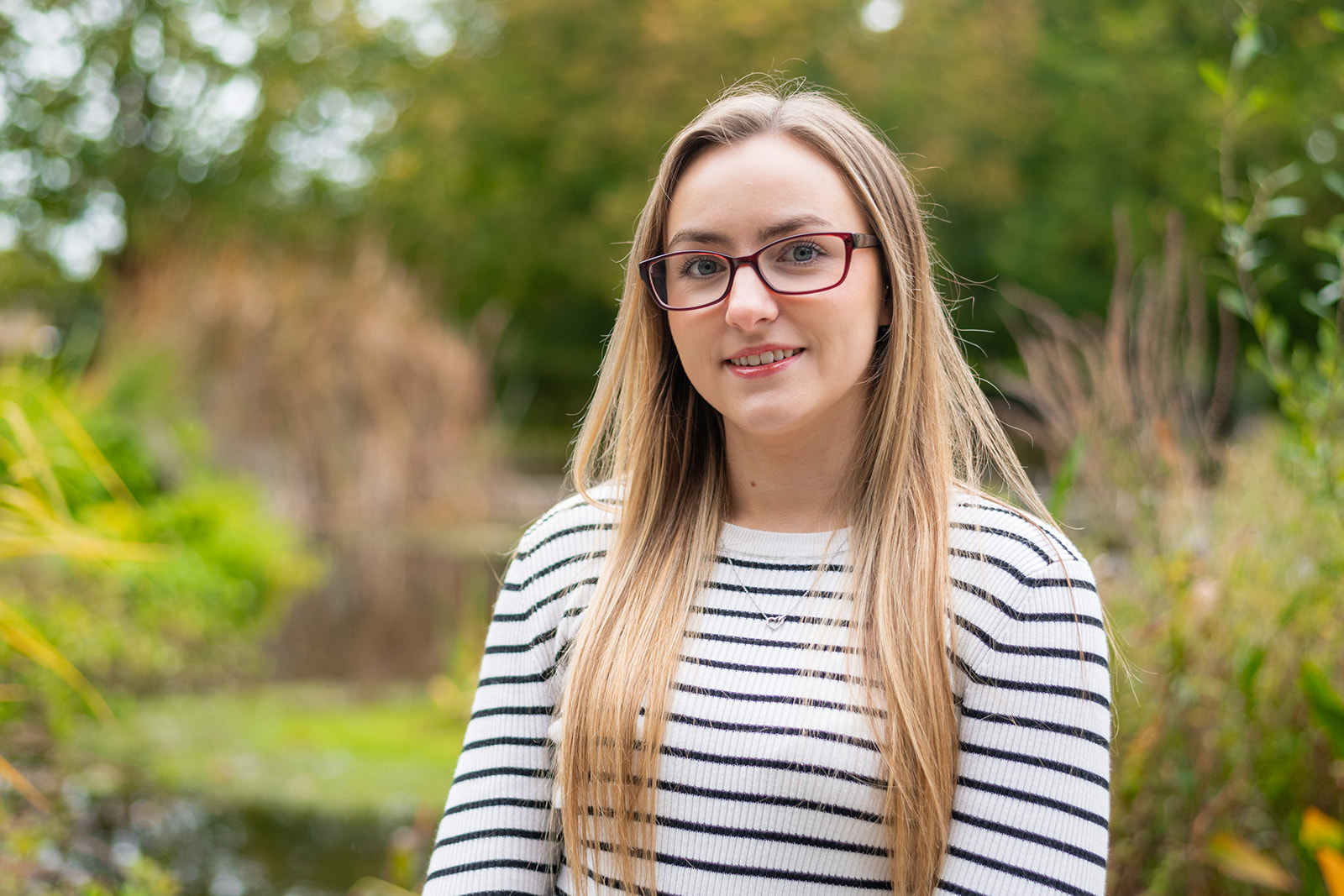Address wait times with ieso
At ieso, we support your short term and long-term waiting times by partnering with you to provide a fully managed online typed and video Cognitive Behavioural Therapy (CBT) service.

Treating tens of thousands of NHS patients with common mental health problems every year, our high recovery rates are driven by our research and improving the precision of our assessment and treatment.
ieso is currently available in over half of the ICBs in England, and nationwide across Scotland. We provide a fully managed online, typed and video, therapist-delivered cognitive behavioural therapy (CBT) service, treating Step 2, Step 3 and Step 3+ patients, via NHS Talking Therapies or self-referral.
Speak to a member of the ieso team to find out how ieso can seamlessly integrate with your service to support current waiting times and provide additional treatment capacity.
Capacity

ieso have a network of over 500 BABCP accredited clinicians offering treatment at Steps 2 & 3

60% of ieso appointments take place outside of standard working hours (9am-5pm). Appointments are available 7 days a week, 6am – 11pm

With an offer of typed therapy to anyone waiting for step 2 or 3 treatment
Choice
The online typed approach is making talking therapy more accessible. Patients won’t need to miss work or travel anywhere, choosing a convenient time to meet with their therapist, wherever they feel most comfortable.
In addition to video therapy, our typed therapy provides an additional choice for treatment for patients who:
Cannot leave home easily because of care responsibilities:
Prefer to communicate difficult emotions nonverbally for various reasons including:
Cannot travel or attend daytime sessions
Quality of care
Coming forward for mental health treatment is a significant step in peoples lives and receiving treatment with a partner organisation should not cause any confusion or distress for patients.
At ieso, we have created a patient onboarding process that ensures a welcoming and smooth path to starting therapy with ieso. Onboarding is a single patient experience that involves three distinct parts of the ieso service.
We manage the patient journey and take ownership of all Talking Therapies requirements for the delivery of our service which releases capacity for your team to focus on delivering care.
Patient services onboarding
Technology onboarding
Therapist onboarding
Improving accessibility through typed and video therapy
NHS Talking Therapies have broadened their reach to improve accessibility for many underserved populations. At ieso we have identified three concerns, often hidden, that patients have with traditional therapy that can prevent them accessing Talking Therapies. These can be addressed by offering online therapy as an alternative. The three concerns are Privacy, Preference and Pacing.
Privacy
Some patients are concerned by Privacy.
Typed and video therapy can be a practical alternative for those who:
Preference
Some patients are concerned with their personal Preference.
In particular typed therapy can be helpful for those who prefer:
Pacing
Some patients are concerned with the Pacing of traditional therapy, and so many prefer typed therapy instead because:
Together, Privacy, Preference, and Pacing of typed therapy helps people to open up more during treatment. There are many reasons why this may be, including:
Speak to a member of the ieso team
Discover how ieso's typed and video therapy can easily integrate with your service to support current waiting times and provide additional treatment capacity
Meet the team

Business Development Director

Customer Success Director

Director of Clinical Strategic Partnerships

Customer Success Manager

Customer Success Manager
%20(1)%20(1).jpg)
Customer Success Manager

Customer Operations Manager
